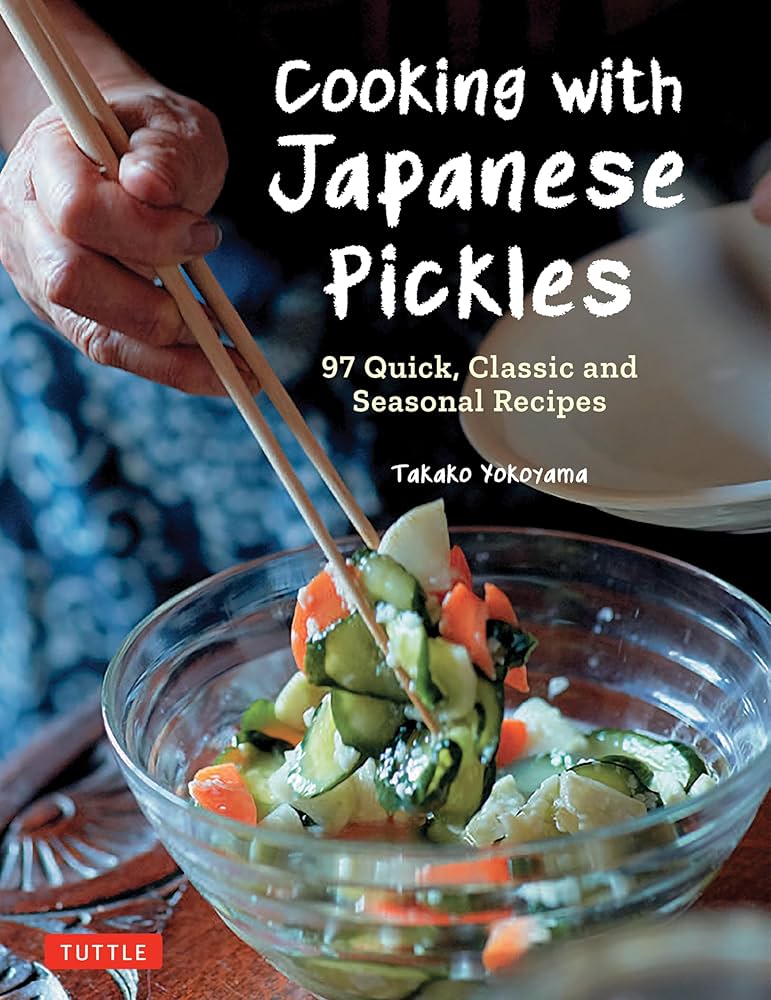
A Dill-icious Celebration: The 3rd Annual Pickle-Off in Minneapolis

Last Thursday, the spirit of community and culinary creativity danced through the Four Sisters Farmers Market in south Minneapolis as urban gardeners and pickling enthusiasts gathered for the Third Annual Pickle-Off. This lively event, co-founded by Cassie Holmes, a citizen of the Lac Courte Oreilles Lake Superior Band of Ojibwe, serves not only to crown the pickling champions but also to promote the vital concept of food sovereignty among Indigenous peoples.
A Tradition Reinvented
In its third year, the Pickle-Off has evolved from a light-hearted spat among neighbors into a dynamic platform showcasing local talent and small businesses. The event’s roots trace back to a friendly rivalry sparked between an urban farmer and former city councilperson Lisa Goodman, highlighting how a simple claim of having the best pickles can bring a community together.
During the competition, organizers crafted trophies and certificates adorned with the cheeky phrase “kind of a big dill,” demonstrating the fun and friendly nature of the contest. This year, participants were encouraged to preserve their harvest and share their pickling prowess with the community, shedding light on sustainable practices for winter food storage.

Celebrating Small Businesses
The event not only honors individual picklers but also supports local businesses, such as CanIHaveSome, run by Tyra Payer and Paige Hietpas.
“At the end of the day, this is just a life-giving project for us,” said Hietpas. “It’s worth it because we get to share food together.”
Payer, a Turtle Mountain Ojibwe citizen, expressed how this venture allows them to keep cultural traditions alive while also providing healthy food options to their community. Each contestant was allowed to enter two pickles, categorized into Dill and Special categories, evaluated by community judges on taste, appearance, and crunch.

The Champions Emerge
This year, Destiny Jones, a Ho-Chunk citizen, took home the coveted Best Pickle trophy with her “Spicy Dill” recipe, infused with fresh herbs that made her pickles stand out among the crowd.
Jones noted,
“I use a lot of fresh herbs… so that includes dill, garlic, and fresh peppers. I feel like that got me some extra points.”
Meanwhile, Dr. Angie Erdrich, also a Deer Mountain Ojibwe, leveraged her homegrown ingredients to secure the top award for her bread and butter pickles. She emphasized the importance of gardening in her pickling journey, saying,
“I have a special way of growing [cucumbers]. If you’re living in an urban setting, you can train them upward.”

This celebration of pickling aligns with the theme of Food Preservation Month at the market, offering workshops on the art of canning, pickling, and preserving delicious harvests for cooler months.

Conclusion
The Third Annual Pickle-Off proved to be an extraordinary showcase of community spirit, culinary talent, and a step toward expanding local food networks. As the participants happily shared their pickled creations, they also nurtured the seeds of cultural connection and sustainability in the heart of urban Minneapolis.














